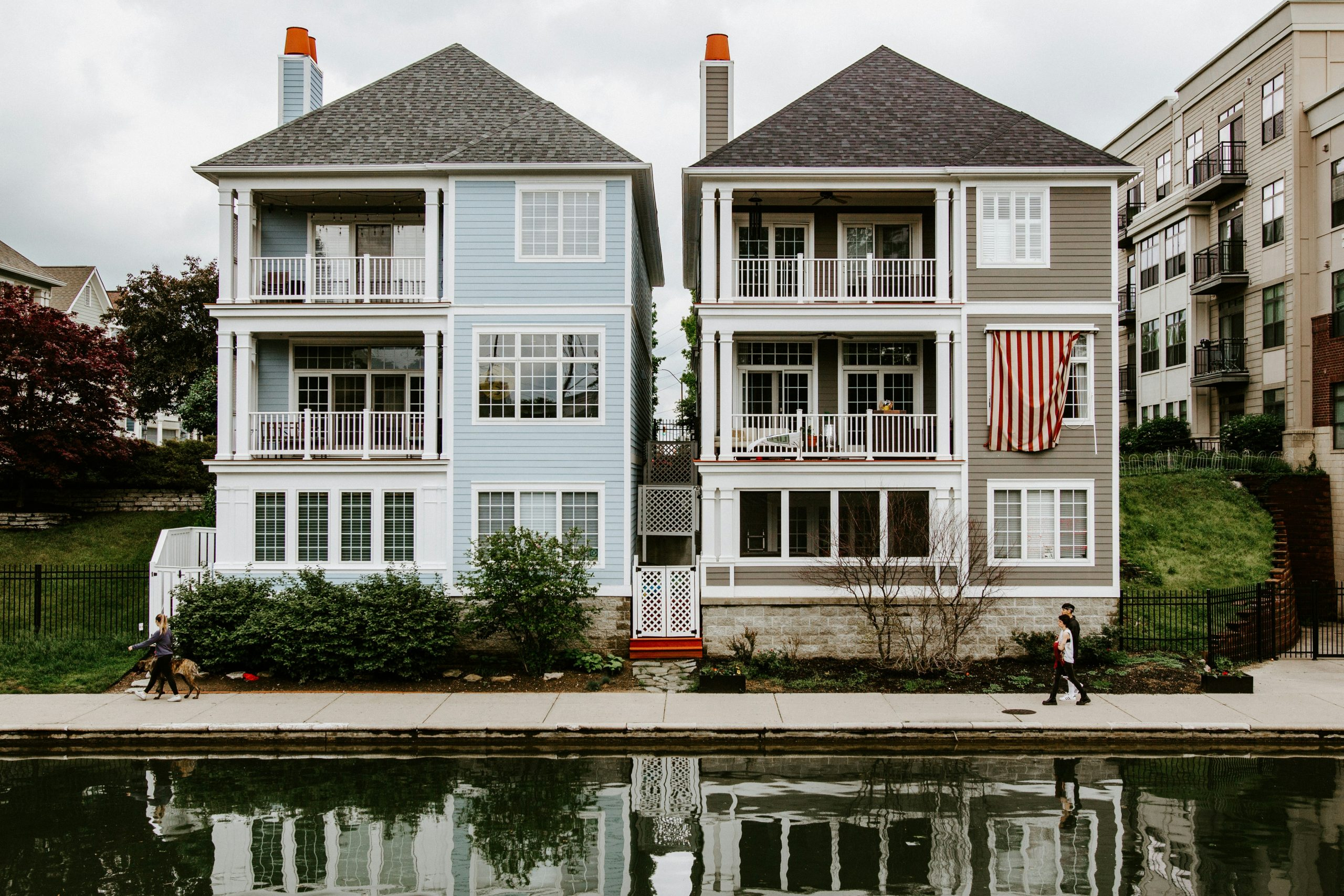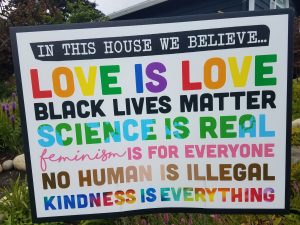The Role of Courts in Addressing Systemic Inequalities
The issue of systemic inequalities has been a subject of much debate and discussion in recent years. From economic disparities to social injustices, inequalities have plagued many societies and have proven to be a persistent challenge to overcome. While various institutions and systems play a role in perpetuating these inequalities, one key player that often goes unnoticed is the court system. Often seen as a mere arbiter of justice for individual cases, the courts have a much larger role to play in addressing systemic inequalities. In this article, we will delve into the role of courts in addressing systemic inequalities and explore the ways in which they can bring about positive change in society.
The Power of the Courts
Before we dive into the specifics, it’s important to understand the immense power and influence that courts hold. In most countries, the judiciary is seen as the third branch of government, giving them the power of checks and balances over the other two branches. This power goes beyond the ability to interpret and enforce laws; it also includes the power to make social and political decisions that can have a significant impact on society. This makes the role of courts in addressing systemic inequalities all the more important.
Challenging Discriminatory Laws
One of the most direct ways in which courts can address systemic inequalities is by striking down discriminatory laws. Many countries have laws and policies in place that perpetuate discrimination against marginalized communities, whether it’s based on race, gender, religion, or other factors. The role of the courts in such cases is to protect the fundamental rights of individuals and ensure that policies and laws do not discriminate against any specific group. By doing so, the courts can bring about immediate and direct change in addressing systemic inequalities.
Ensuring Equal Access to Justice
Inequalities can also arise when individuals or groups do not have equal access to justice. This may be due to financial constraints or systemic barriers that hinder marginalized communities from seeking legal assistance. However, the courts have the power to ensure equal access to justice by providing legal aid or appointing counsel for those who cannot afford it. This ensures that everyone, regardless of their background, has access to the justice system and can seek redress for any injustices they face.
Promoting Inclusive Constitutional Interpretations
The constitution is the supreme law of the land and serves as the foundation for all laws and policies. Therefore, the interpretation of the constitution plays a crucial role in addressing systemic inequalities. The courts have the power to interpret the constitution in a way that promotes inclusivity and equality. This can be done through progressive interpretations that take into consideration the changing societal norms and needs, as well as the fundamental principles of justice and equality.
The Role of Public Interest Litigation
In addition to hearing individual cases, courts also have the power to take up cases that have a wider impact on society. This is known as public interest litigation (PIL), where the court takes up a case that affects the public at large rather than a specific individual. PILs have been used in many countries to address systemic inequalities and bring about positive change. By using their powers of judicial review, courts can direct government bodies and institutions to take corrective measures and ensure justice for those affected by systemic inequalities.
Conclusion
The role of courts in addressing systemic inequalities cannot be understated. While many factors contribute to the perpetuation of inequalities in society, courts have the power to bring about direct and lasting change through their judgments and interpretations. It’s essential for the judiciary to use this power responsibly and proactively address systemic inequalities in society. By doing so, the courts can play a pivotal role in creating a more just and equal society for all.









